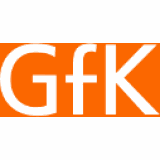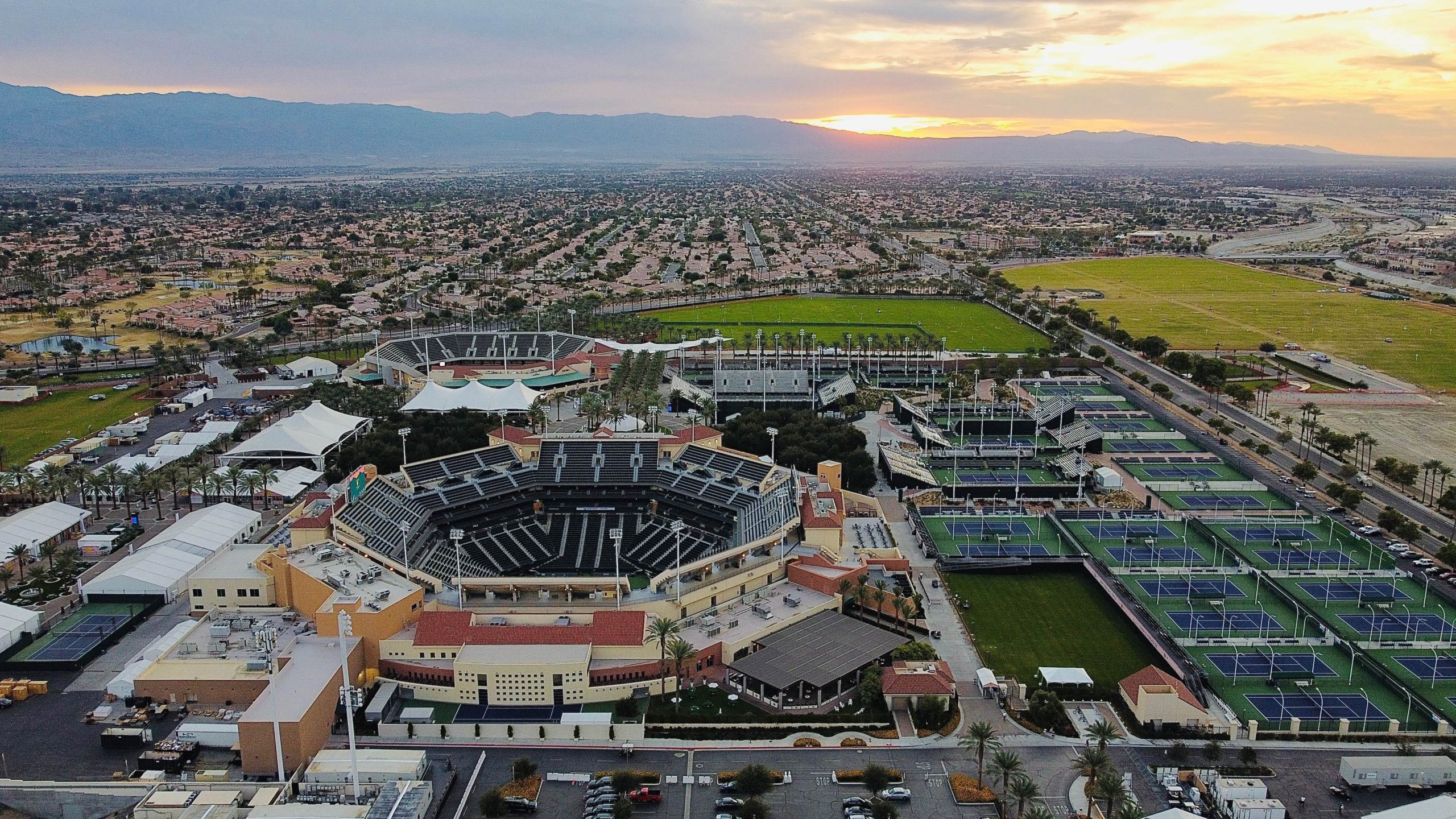Deloitte Predicts Considerable Slowing Of US Economic Growth

Table of Contents
Key Factors Contributing to the Slowdown in US Economic Growth
Several interconnected factors contribute to Deloitte's prediction of a slowdown in US economic growth. Understanding these factors is crucial for businesses to develop effective mitigation strategies.
Inflationary Pressures
High inflation remains a significant headwind for the US economy. The persistent rise in prices erodes consumer purchasing power, leading to decreased consumer spending and dampened business investment.
- Elevated Energy and Food Prices: Deloitte highlights the persistent impact of elevated energy and food prices, which disproportionately affect lower-income households and reduce overall consumer spending. This contributes to a decrease in aggregate demand, slowing economic growth.
- Increased Interest Rates: The Federal Reserve's efforts to combat inflation through increased interest rates are also impacting economic activity. Higher interest rates increase borrowing costs for businesses, making investments less attractive and potentially leading to reduced hiring and capital expenditures. This ripple effect impacts overall economic output.
- Declining Consumer Confidence: As inflation persists and interest rates rise, consumer confidence is declining. This translates into reduced spending on discretionary goods and services, further dampening economic growth and impacting businesses reliant on consumer spending.
Global Economic Uncertainty
Geopolitical instability and persistent supply chain disruptions pose significant risks to the US economy, further contributing to the predicted slowdown in US economic growth.
- The War in Ukraine: The ongoing war in Ukraine is a major contributor to global energy price volatility. This uncertainty impacts energy costs for businesses and consumers, increasing inflationary pressures and dampening economic activity. The war also disrupts global supply chains.
- Supply Chain Bottlenecks: Supply chain bottlenecks persist, impacting the timely production and delivery of goods. This leads to increased costs for businesses and delays in getting products to market, impacting both profitability and sales. The situation is further complicated by global trade disruptions.
- Interconnected Global Economy: Deloitte notes the interconnectedness of the global economy, emphasizing its vulnerability to international shocks. Events in one part of the world can quickly ripple through the global economy, impacting the US economy even if the initial shock originates elsewhere.
Tightening Monetary Policy
The Federal Reserve's aggressive interest rate hikes, while aimed at curbing inflation, risk triggering a recession and slowing US economic growth.
- Increased Cost of Capital: Higher borrowing costs increase the cost of capital for businesses, making it more expensive to invest in expansion, new equipment, and hiring. This directly impacts business growth and potential job creation.
- Inflation vs. Growth Trade-off: Deloitte's analysis suggests a potential trade-off between controlling inflation and sustaining economic growth. Aggressive interest rate hikes may effectively control inflation but at the cost of slower economic growth or even a recession.
- Impact on Mortgages and Consumer Spending: Rising interest rates directly impact mortgage rates, potentially cooling the housing market and further reducing consumer spending, a critical component of US economic growth.
Implications for Businesses: Preparing for Slower US Economic Growth
Businesses must proactively prepare for a potential slowdown in US economic growth. Adapting strategies and implementing effective mitigation plans is crucial for navigating the challenges ahead.
Strategic Cost Management
Implementing stringent cost-cutting measures is paramount for maintaining profitability during a period of slower economic growth.
- Operational Expense Review: Businesses need to meticulously review their operational expenses, identifying areas for efficiency gains and cost reductions.
- Supplier Negotiation: Negotiating better terms with suppliers is critical to mitigating the impact of rising input costs on profitability.
- Automation and Technology: Exploring opportunities for automation and technological advancements can significantly improve productivity and reduce labor costs.
Diversification and Risk Mitigation
Reducing reliance on single markets or products is crucial for minimizing vulnerability during economic downturns.
- Market and Product Diversification: Expanding into new markets or product lines helps diversify revenue streams, reducing dependence on any single source of income.
- Supply Chain Resilience: Investing in supply chain resilience helps mitigate the impact of future disruptions, ensuring business continuity.
- Robust Risk Management: Implementing robust risk management strategies helps identify and address potential threats, minimizing their impact on the business.
Adapting to Changing Consumer Behavior
Understanding and adapting to evolving consumer preferences is essential for maintaining competitiveness during periods of economic uncertainty.
- Consumer Spending Monitoring: Closely monitoring consumer spending patterns helps businesses adjust their marketing campaigns and product offerings to align with changing demands.
- Product Innovation: Developing innovative products and services that address changing consumer needs and preferences is crucial for maintaining market share.
- Customer Loyalty: Prioritizing customer loyalty and building strong relationships helps maintain revenue streams even during economic downturns.
Conclusion
Deloitte's prediction of a considerable slowing of US economic growth underscores the need for proactive planning and adaptation by businesses. Understanding the key contributing factors – inflationary pressures, global uncertainty, and monetary policy – is crucial for navigating the challenges ahead. By implementing strategic cost management, diversifying operations, and adapting to changing consumer behavior, businesses can improve their resilience and position themselves for success even amidst slower US economic growth. Stay informed about economic forecasts and prepare your business for the anticipated slowdown in US economic growth. Proactive planning is key to navigating this period of economic uncertainty and ensuring continued success.

Featured Posts
-
 The Future Of Luxury Cars In China Lessons From Bmw And Porsches Experiences
Apr 27, 2025
The Future Of Luxury Cars In China Lessons From Bmw And Porsches Experiences
Apr 27, 2025 -
 Hhs Appoints Anti Vaccine Activist To Review Autism Vaccine Link Sources
Apr 27, 2025
Hhs Appoints Anti Vaccine Activist To Review Autism Vaccine Link Sources
Apr 27, 2025 -
 Trumps Trade Demands Carneys Warning To Canadian Voters
Apr 27, 2025
Trumps Trade Demands Carneys Warning To Canadian Voters
Apr 27, 2025 -
 Impresionante Eliminacion En Indian Wells Favorita Fuera De Competicion
Apr 27, 2025
Impresionante Eliminacion En Indian Wells Favorita Fuera De Competicion
Apr 27, 2025 -
 La Fires Fuel Landlord Price Gouging Controversy A Selling Sunset Star Speaks Out
Apr 27, 2025
La Fires Fuel Landlord Price Gouging Controversy A Selling Sunset Star Speaks Out
Apr 27, 2025
